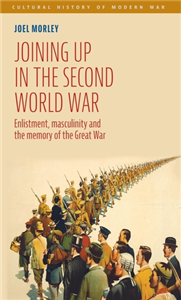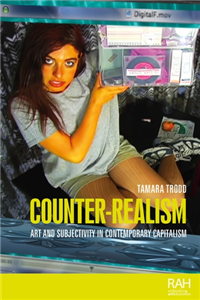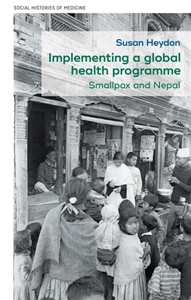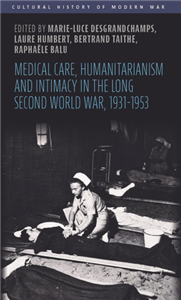Augustinian University Press
The Augustinian University Press concentrates its efforts in the publication of research books, textbooks, and dissemination books as a result of permanent calls that intend to receive and review monographs and research chapters. The Press permanently works to guarantee content quality published under its editorial stamp and also to be recognized among the academic community as a reliable source of scholarly publishing in Augustinian Studies, Education (from all levels), Humanities, Social Sciences, and Arts and Culture. Since its creation in 2017, the Press research books have been already accepted and indexed in important databases such as the Book Citation Index and the Directory of Open Access Books (DOAB). This experience has strengthened our editorial processes and the permanent identification of current editing and science communication tendencies. The Press also promotes net working to publish new editorial projects between our researchers and external scholars; we do believe this is one of the most important strategies to make our institution and scholars more visible.
View Rights Portal



























